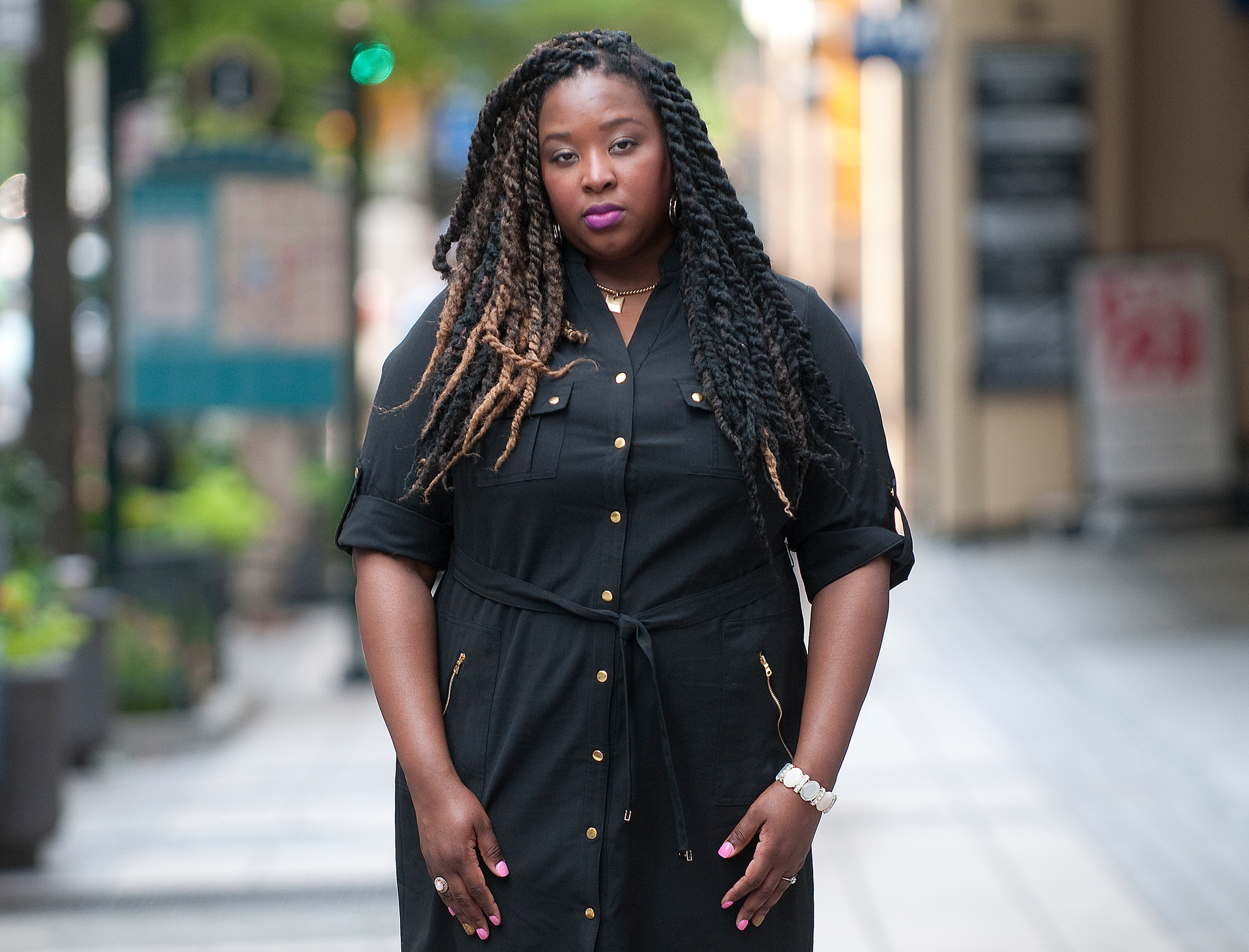Rethinking 'quality of life' laws in Atlanta
City officials, activists take aim at biased ordinances
In the city of Atlanta you can be arrested and taken to jail for playing a “game of chance” in public, conducting a treasure hunt, moving household goods at night, or spitting. These are just a few of the city’s “quality of life” ordinances currently in place.Though the laws are supposed to protect public safety, many are outdated and, more importantly, wind up serving largely as a tool to jail poor black people, almost exclusively. In a series of protests that took place this past July, one demand made by activists was to stop filling the city jail with people charged with low-level, nonviolent crimes. Even a few days of jail time can disrupt lives and communities, putting one’s job and livelihood at risk — all for something potentially as harmless as jaywalking.Councilman Kwanza Hall heard those protests and, back in July, proposed legislation that would repeal sections of the city’s quality of life ordinances that “lead to racial profiling and unnecessary jail time.” That was just weeks after the death of Deravis Caine Rogers, an unarmed 22-year-old black man shot and killed in his car by James Burns, an officer who was later fired because of the incident. Now the legislation has resurfaced, this time following the death of Deaundre Phillips, a 24-year-old black father who, like Rogers, was sitting in a car when he was shot and killed by an Atlanta police officer on Jan. 26. Police say the two plainclothes officers involved in Phillips’ case smelled marijuana emanating from the parked car in which Phillips sat.These “broken windows” policing efforts — including those against marijuana — were the central focus of a Feb. 20 Public Safety Committee meeting; discussion specifically zeroed in on whether or not to repeal or restructure the city ordinance that outlaws possession of one ounce or less of marijuana.“What we see is open-air drug markets are prioritized, and closed-door or indoor drug markets are deprioritized by the criminal justice system,” says Tiffany Roberts, an attorney and former public defender in Atlanta. Roberts says that, nationally, that distinction accounts for why black people are incarcerated for using and selling drugs at a much higher rate than white people, even though both groups use and sell drugs at approximately the same rate. “The war on drugs has intentionally prioritized outdoor drug markets, which look like black and brown people.”While the present councilmembers are receptive to the idea of changing marijuana laws — “Something’s definitely going to happen around this,” says Ivory Lee Young Jr. — not everyone is in support. David Wardell, vice president at Central Atlanta Progress, a group of business leaders who work closely with the city, spoke out against repeal of the quality of life ordinances. “The problem you see Downtown is not the enforcement of outdated or irrelevant ordinances, but rather the lack of proper adjudication of offenders, particularly repeat offenders,” Wardell says. Representatives from the Georgia Hotel and Lodging Association and the Georgia Restaurant Association also spoke out against repeal of these ordinances.“The sentences are not serving as deterrent,” Wardell says. That’s the same problem identified by the pre-arrest diversion team, though that team plans to offer social services to help offenders address the root problems of their offenses, rather than serving up harsher sentences, as Wardell implies would be more effective.Rosalie Joy, director of Atlanta’s public defender office, says Atlanta is “really facing a public health issue,” rather than a criminal justice one. “Most of my clients, 15,000 people last year, are homeless, mentally ill and drug-addicted,” says Joy, who is involved in the pre-arrest diversion program design.Arresting and punishing isn’t making the same kind of progress that linking people to services like housing does, Joy says. “Why does the jail have to be the gateway to link these people to civil services?”The Atlanta Law Department’s Amber Robinson stated that the administration supports repeal of a handful of the ordinances they deemed irrelevant to public safety, including loitering around railroad tracks, residential picketing, playing a game of chance in public, using a wheel, purchasing lottery tickets and using model glue or aftershave lotion, among others.A work session on repealing or replacing the marijuana law and other quality of life ordinances will be announced by March 7 or 8.
There was also discussion of scheduling a work session on restructuring the municipal court’s fines and fees structure, which allows for fines up to $1,000 for several of these low-level violations — a severe financial burden which results in prolonged jail time for people who cannot afford to pay. That work session date was not scheduled.
